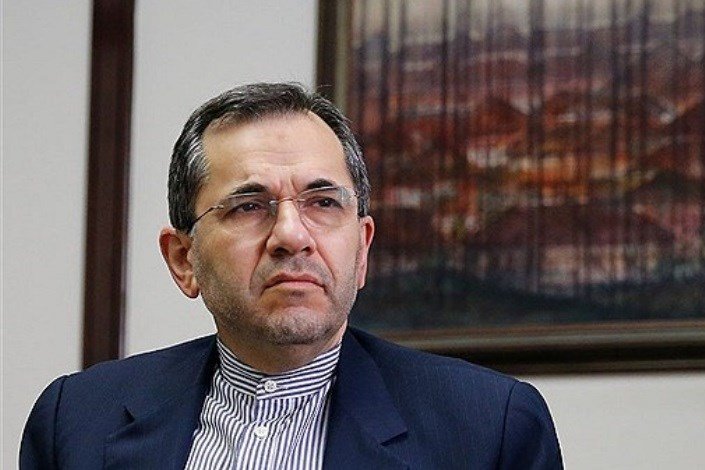Iran insists ready for worst case scenario on nuclear deal

TEHRAN - Majid Takht-Ravanchi, who now serves as deputy director of the presidential chief of staff for political affairs, has reiterated Tehran’s position that Iran is ready for worst scenario toward the 2015 nuclear deal.
U.S. President Donald Trump, who has made repeated attacks against the nuclear deal, officially known as the Joint Comprehensive Plan of Action (JCPOA), is expected to either keep the agreement or abrogate it on Friday, January 12.
“We are ready for any situation especially the worst scenario on the JCPOA and we have made planning in a way that the U.S. will be surprised by the speed of our response,” Takht-Ravanchi, who was involved in crafting the nuclear deal with great powers, said in an interview with IRNA published on Tuesday.
Trump, in a statement issued on October 13, refused to certify Iran’s compliance to the nuclear deal and asked Congress to decide about the fate of the deal. However, Congress passed the ball back to Trump by letting the deadline on reimposing sanctions on Iran pass.
The nuclear deal was signed between Iran, the European Union, Germany and the five permanent members of the UN Security Council - the United States, Britain, France, China and Russia - in July 2015. The agreement went into effect in January 2016.
Takht-Ravanchi say, “If the U.S. pulls out of the JCPOA and the Europeans remain committed and make up for harms that will be inflicted on Iran due to sanctions, then we will enter a new atmosphere.”
Under the deal, Iran is obliged to put restrictions on its nuclear activities in exchange for termination of economic and financial sanctions.
So far the International Atomic Energy Agency has issued nine reports each time confirming that Iran is abiding fully to the terms of the agreement.
Takht-Ravanchi said that the international community is urging all signatories to the agreement to remain committed to their obligations.
He said Iran has fully met its commitments under the JCPOA as evidenced by the IAEA, the United Nations nuclear watchdog body.
Takht-Ravanchi also said that the U.S. will be harmed more than Iran if it quits the multilateral agreement endorsed by the UN Security Council.
He added, “If the U.S. pulls out of the JCPOA and the Europeans remain committed and make up for harms that will be inflicted on Iran due to sanctions, then we will enter a new atmosphere.”
It is Iran’s principled policy not to quit the JCPOA, however, the country should see the benefits of the deal, he explained.
NA/PA
Leave a Comment